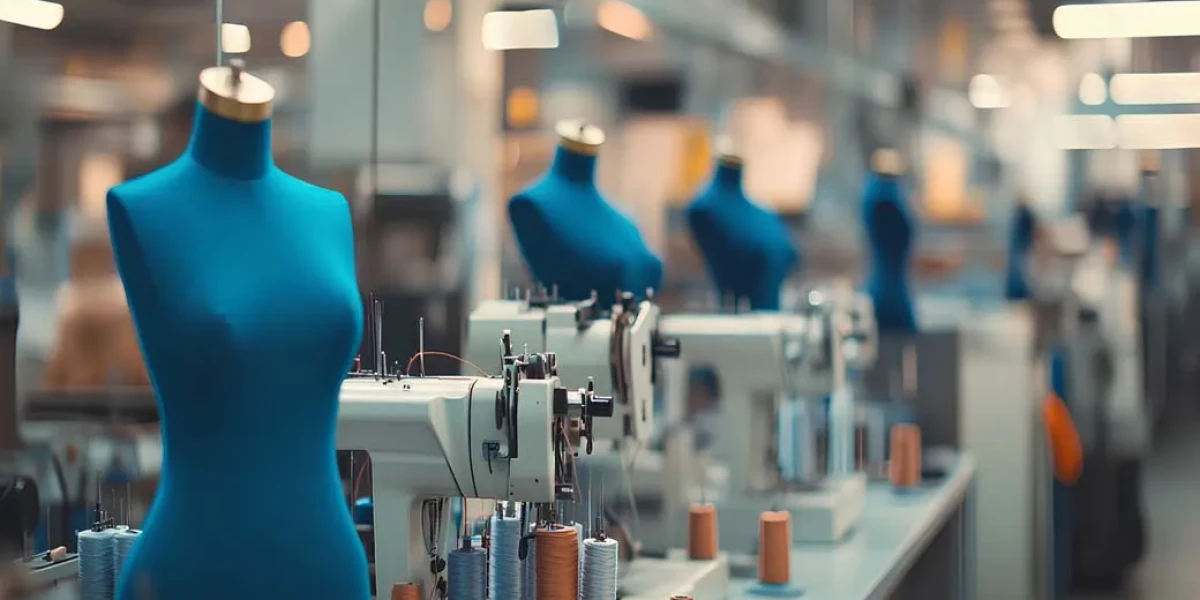
Table of Contents
Effective Production Management for Garment Manufacturers
In the competitive world of garment manufacturing, production management plays a crucial role in optimizing processes, reducing costs, and ensuring timely delivery. Efficient management not only enhances productivity but also improves product quality, customer satisfaction, and profitability.
Key Aspects of Production Management in Garment Manufacturing
1. Production Planning & Scheduling
Proper planning ensures smooth workflow and avoids bottlenecks. It involves:
-
Forecasting demand and planning production accordingly.
-
Setting production schedules to meet deadlines.
-
Allocating resources efficiently to prevent waste.
2. Raw Material Sourcing & Inventory Management
Timely procurement of raw materials such as fabric, trims, and accessories is essential. Best practices include:
-
Maintaining optimal inventory levels to avoid stockouts or overstocking.
-
Ensuring quality control in material selection.
3. Production Process Optimization
To enhance efficiency, manufacturers should:
-
Adopt lean manufacturing techniques to minimize waste.
-
Implement automation in cutting, stitching, to finishing processes.
-
Standardize operations to maintain consistency in production.
4. Quality Control & Assurance
Maintaining quality at every stage ensures customer satisfaction. Key steps include:
-
Establishing in-line and final quality checks.
-
Training workers to adhere to quality standards.
-
Using advanced quality management systems (QMS).
5. Workforce Management & Training
A skilled workforce is essential for efficient production. Manufacturers should:
-
Conduct regular training sessions on new technologies and methods.
-
Implement performance-based incentive systems.
-
Ensure worker safety and compliance with labor laws.
6. Technology Integration in Garment Manufacturing
Advanced technologies improve efficiency by:
-
Automating workflow tracking and reporting.
-
Enhancing communication between departments.
-
Reducing production errors through real-time monitoring.
7. Sustainability & Eco-Friendly Practices
Sustainability is becoming a major focus in the garment industry. Implementing eco-friendly practices such as:
-
Reducing fabric waste through optimized cutting techniques.
-
Using sustainable materials and dyes.
-
Implementing energy-efficient production methods.
Conclusion
Efficient garment production management is key to improving profitability, reducing waste, and ensuring timely delivery. By integrating advanced technologies, optimizing workflows, and maintaining quality standards, manufacturers can stay competitive in the dynamic fashion industry.
